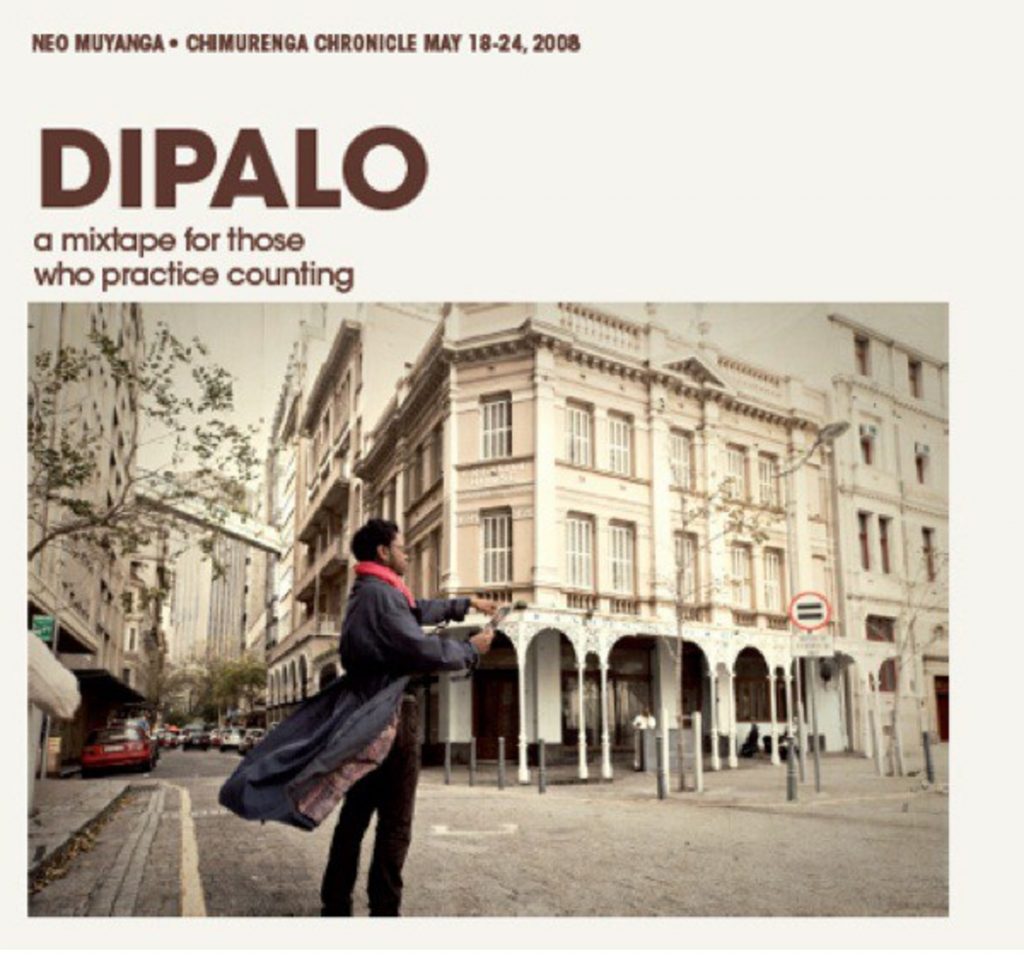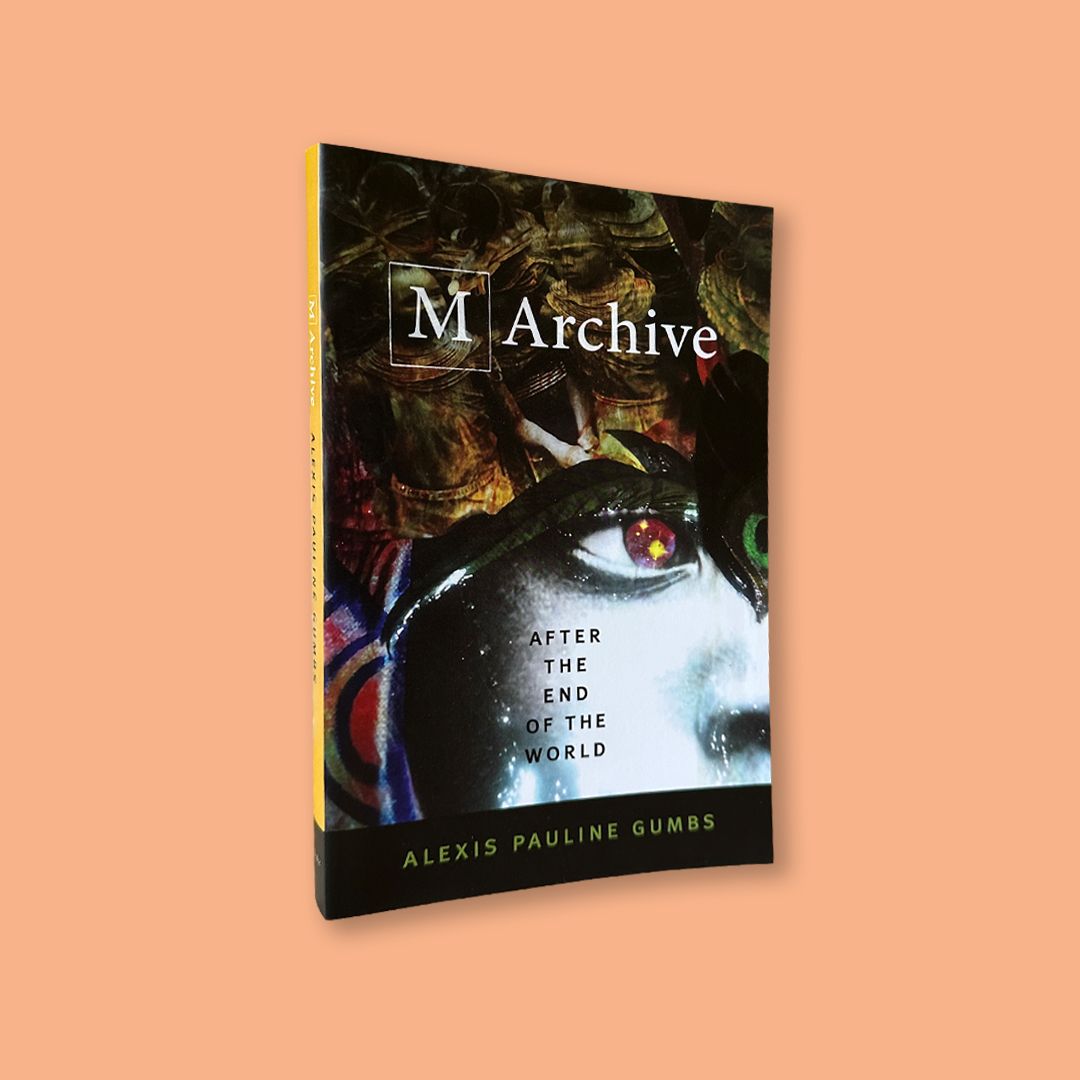Composed, arranged and performed by Neo Muyanga, this audio cd supplement was part of the Chimurenga Chronicle (October 2011) , a speculative newspaper which is issue 16 of Chimurenga.

Tracklist:
a) 1+1= (a re-composition of a 5000-year-old offering to Lord Ganesha, the Hindu deity, an opener of sorts)
b) 4:7 (heaven’s on the ocean is a proportional refrain on reaching nirvana, the 7th grade, via the mundane material world)
c) 3sin= rθ (sino projection technology theme)
d) 3(x)n (illegal border crossing and migration theme. composed for dancers)
e) e=mcx \rightarrow \infty (a true story about an explosive riot day with SADF soldiers who attacked Soweto on June 16th, 1985. Composed for those who got hurt)
f) ƒ:X→Y (horizon heart aflame. Composed for a lover)
g) (a summing of random themes theme)
h) 4x+2 (the 2 or 4 step theme)
i) y~ 6/8 (a travelling theme in 6 parts over eight. Composed for puppets)
j) y\ge \!\, 6/8 (a running theme in 6 parts over 8 )
k) 1/4° (a kota bread theme. Composed for skolies and thieves)
l) (a perpetual circle. Composed for an apartheid-era multi-racial soccer club)
M Archive: After The End of The World by Alexis Pauline Gumbs (Duke University Press, 2018)
M Archive: After The End of The World by Alexis Pauline Gumbs (Duke University Press, 2018)
Following the innovative collection Spill, Alexis Pauline Gumbs's M Archive—the second book in a planned experimental triptych—is a series of poetic artifacts that speculatively documents the persistence of Black life following a worldwide cataclysm. Engaging with the work of the foundational Black feminist theorist M. Jacqui Alexander, and following the trajectory of Gumbs's acclaimed visionary fiction short story “Evidence,” M Archive is told from the perspective of a future researcher who uncovers evidence of the conditions of late capitalism, antiblackness, and environmental crisis while examining possibilities of being that exceed the human. By exploring how Black feminist theory is already after the end of the world, Gumbs reinscribes the possibilities and potentials of scholarship while demonstrating the impossibility of demarcating the lines between art, science, spirit, scholarship, and politics.

